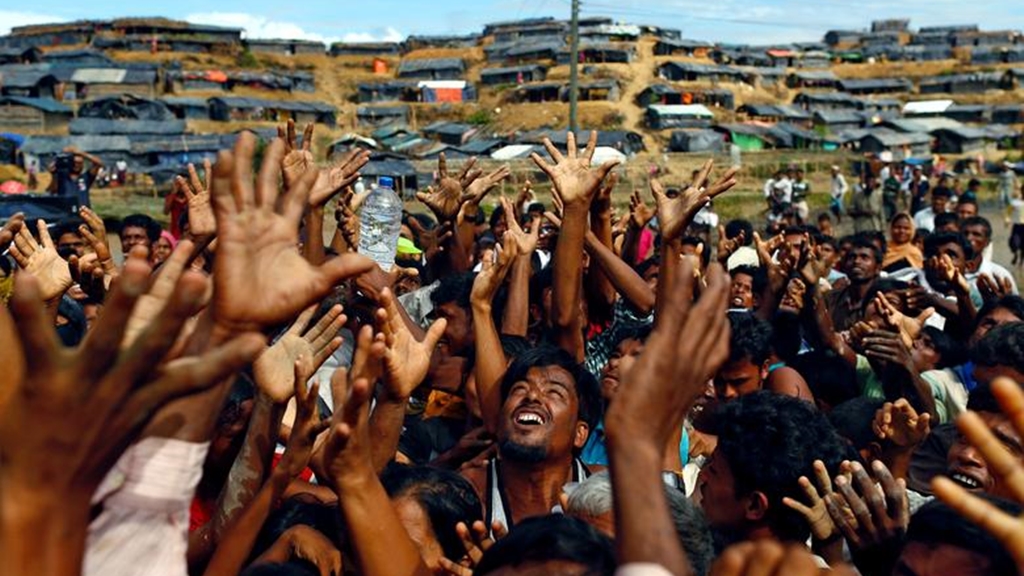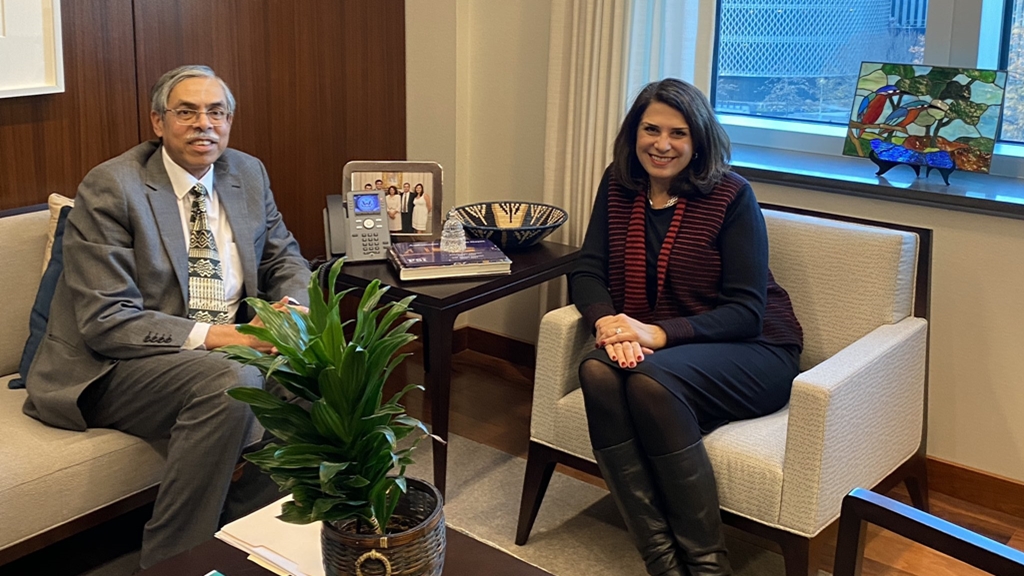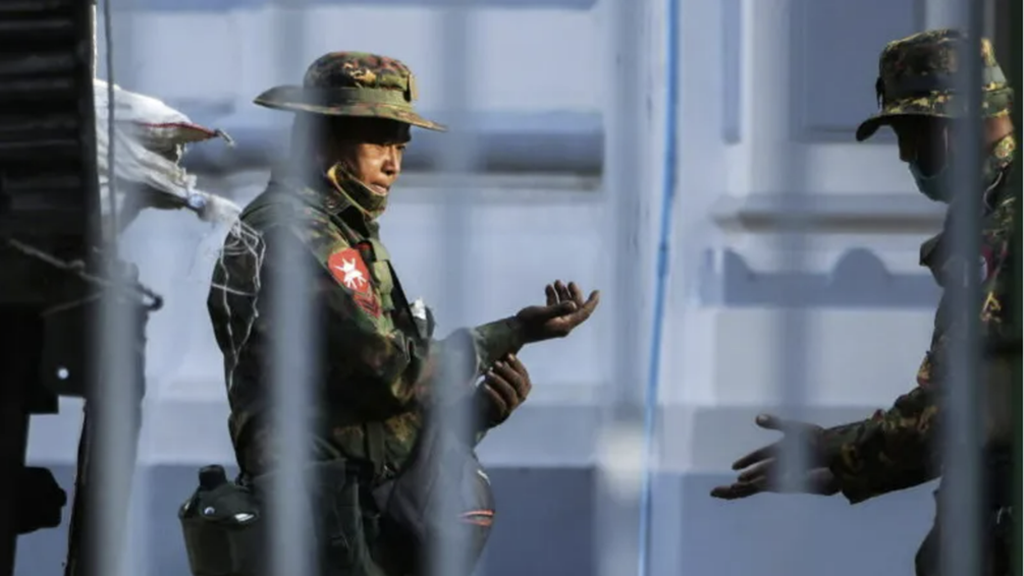
‘Safe zones’ plan shows Bangladesh is accepting Rohingya reality
- 30/09/2020
- 0
By Dr. Azeem Ibrahim, Arab News
The government of Bangladesh this week called on the international community to establish “safe zones” within Myanmar to allow for the Rohingya to safely return to the country of their birth. This is not likely to happen, but it does signal a welcome evolution on the part of the government of Bangladesh on the Rohingya situation.
When the latest Rohingya crisis erupted in the second half of 2017 and hundreds of thousands of refugees poured over the border from Myanmar into Cox’s Bazar in Bangladesh, the Dhaka government misunderstood the situation and miscalculated its response. It assumed the situation would be temporary and that the issue could be resolved by negotiating with Myanmar to take the refugees back.
The government of Myanmar did come to the negotiating table and agreements were signed in January 2018, but those agreements were not worth the paper they were written on. The relocation of the refugees to Myanmar could only happen if this were safe, according to international law, and fortunately this was and remains the commitment of the government in Dhaka. Where the Bangladeshi leaders miscalculated was in assuming that their counterparts in Myanmar were negotiating in good faith and that they would create the conditions necessary for the return of the Rohingya.
Three years on, the legal and security environment for the few remaining Rohingya in Myanmar is at least as precarious now as it was at the peak of the refugee crisis. There are no more villages being burnt to the ground, but that is only because there are no more villages left to burn. There are no more large-scale assaults being directed against Rohingya civilians, but that is only because the majority of those who are still in Myanmar are held “safely” in internally displaced people’s camps. Most of the Rohingya refugees I have spoken to in the camps in Cox’s Bazar would dearly love to return to their native villages in Myanmar, but they will not do so if they cannot trust that they will be safe. And they rightly conclude that they will not be safe if they return under current conditions.
With Bangladesh now calling for the establishment of safe zones within Myanmar for the Rohingya, it appears that Dhaka finally accepts that Myanmar has not negotiated the refugee agreements in good faith and that the only way to see the Rohingya return safely is through a concerted effort by the international community to compel Myanmar to provide safe conditions.
Unfortunately, this has no chance of happening as things stand. Myanmar is increasingly falling into the orbit of China, and Beijing has so far shielded it from any censure in international forums like the UN, where China has a veto. Moreover, Beijing’s interests in Myanmar relate to its Belt and Road Initiative, which in that country involves the building of a port in Sittwe and connecting to it via rail and road links immediately adjacent to the historical areas inhabited by the Rohingya. There is no prospect of the international community persuading China to allow a UN-mandated safe zone right next to its own infrastructure.
The only way to see the Rohingya return safely is through a concerted effort by the international community to compel Myanmar to provide safe conditions. – Dr. Azeem Ibrahim
Though futile, this move by the government of Bangladesh does signal that it is starting to face up to the realities of the situation, and that means that we can now put on the table proposals on how to actually help the Rohingya. It may still want to resist the inevitable conclusions for some time but, alas, the only realistic solution is for Bangladesh to recognize the permanence of the refugee population in the country for the foreseeable future and thus to seek to improve the lives of the Rohingya in the camps where they are now.
Dhaka could, and should, also seek to make the most of the situation by trying to slowly integrate these communities into the country and harness their talents and capacity to contribute for the benefit of Bangladesh, while appealing to the international community for financial and logistical support in these efforts — support that they would be morally entitled to and which we should provide generously. Meanwhile, Bangladesh can start pursuing Myanmar very aggressively in the international courts for reparations for these costs and, in the longer term, seek to force Naypyidaw to return the lands of the Rohingya back to them whenever and wherever such a recourse seems available.
- Dr. Azeem Ibrahim is a Director at Center for Global Policy in Washington, D.C. Twitter: @AzeemIbrahim







